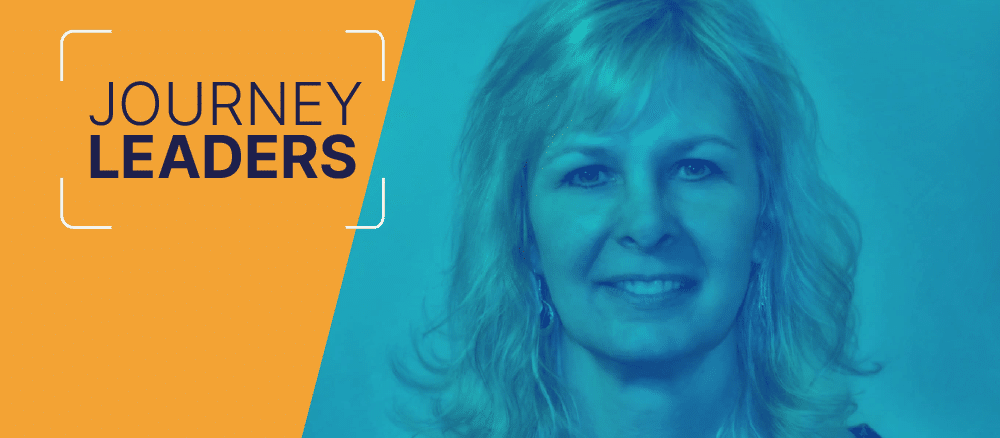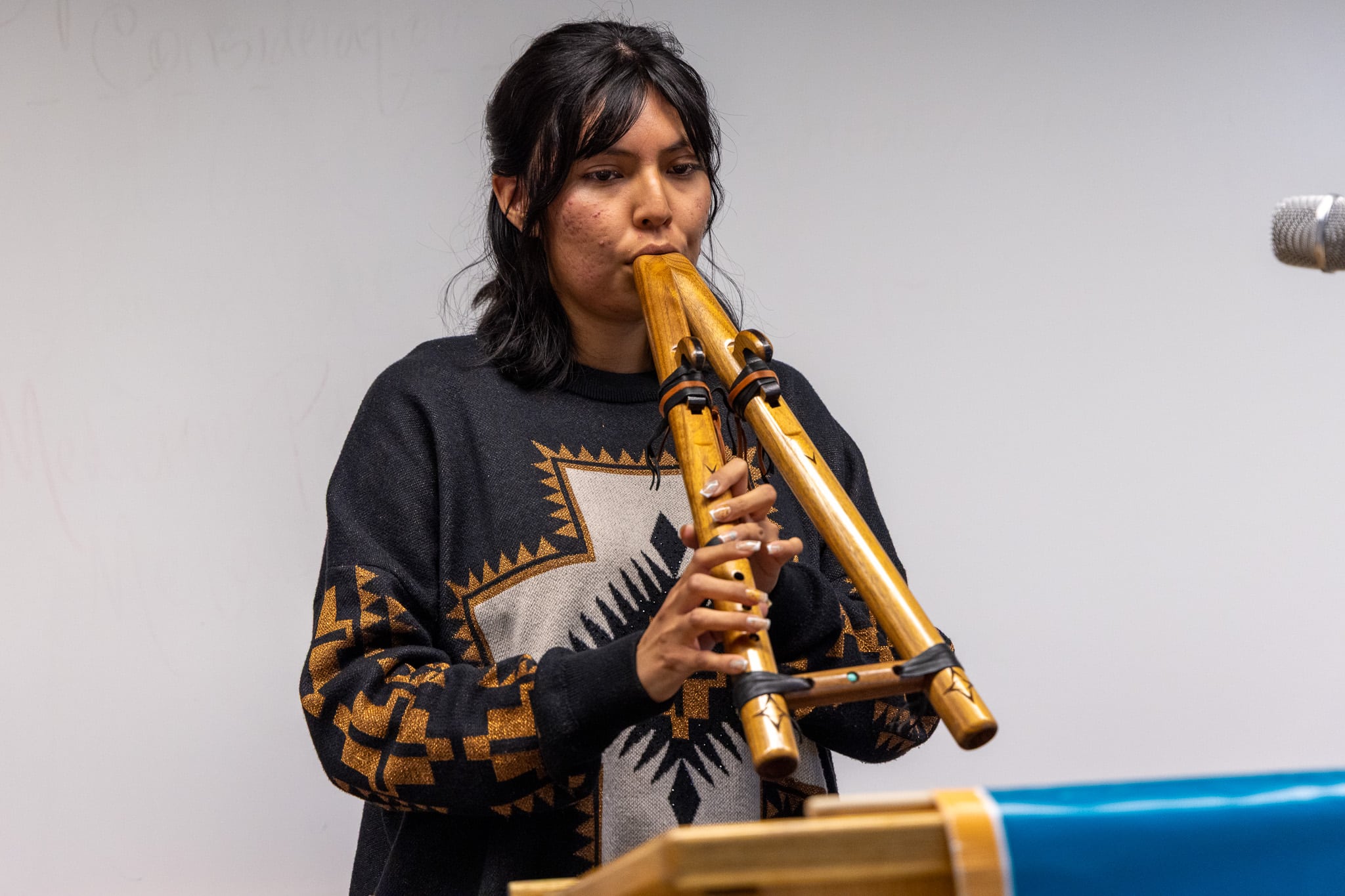Equity is at the center of Achieving the Dream’s work. Throughout the ATD Network, institutions are committed to improving outcomes for students and catalyzing equitable and economically vibrant communities. But for colleges beginning their equity journey, the task at hand can seem overwhelming: Where should leaders start? What does the ideal of equity look like in practice?
The ATD Equity Toolkit establishes eight key foundational principles critical to eliminating systemic inequity and building cultures of care and belonging. These principles, while not exhaustive, draw from existing research and provide guidelines for institutions that are committed to pursuing equitable outcomes for all students. They also illustrate how equity work, to be successful, must pervade every aspect of institutional transformation, from the board room to the classroom.
Following the release of the Equity Toolkit, ATD experts provided additional insight into how two of these principles function in their work with college teams. Principle 3 calls for integrating holistic supports throughout the student experience and Principle 4 encourages educators to embrace cultural curiosity and culturally responsive pedagogy. Dr. Paula Pitcher and H. Ray Keith break down what these concepts mean in practice and how educators, leaders, and student service professionals can take the next steps forward.
Principle 3: Integrate holistic supports throughout the student experience
Establishing a comprehensive, equitable system of holistic student supports requires that the institution deeply understand the students it serves. Recognizing each student as a complex human being empowers colleges to identify challenges a student may face and factors that contribute to their success, says Dr. Paula Pitcher, ATD’s director of holistic student supports.
“Knowing students’ academic backgrounds, strengths, weaknesses, learning styles, and career goals enables colleges to provide tailored academic support and targeted career development,” Dr. Pitcher says.
Rather than assuming everyone starts at the same level of readiness, institutions must understand that students come to higher education with varying levels of academic preparation and diverse life experiences. Institutions can set all students up for success with holistic supports such as advising services that address nonacademic concerns or early alert systems that identify students who may be struggling.
The more institutions understand their students’ needs and goals, the better equipped they are to become student-ready colleges.
“Essentially, the ‘student-ready’ model shifts the responsibility for student success from the student to the institution,” Dr. Pitcher explains. This shift results in the college “being more proactive in providing students with what they need to be successful in college.”
Institutions can take concrete steps to better understand their students and to expand the support services they offer. Dr. Pitcher encourages leaders to “create a culture of equity,” establishing equity as a core institutional value. She also knows the value of investing in comprehensive academic advising that not only considers the whole student but also “provides a one-stop shop for students seeking assistance.”
As college teams build capacity and continually increase understanding of their students, it’s equally important to acknowledge progress. “Share success stories and celebrate those successes,” Dr. Pitcher says.
Ready to take the next step?
ATD offers expert-tested, tailored services to college teams aiming to build institutional capacity for holistic student supports that generate equitable outcomes.
Holistic Student Supports Opportunity Assessment
Examine your institution’s structures, processes, and culture to identify priorities for improving holistic student support services.
Student Journey Mapping Workshop
Delve into the processes that shape and impact the student experience at your institution and learn new ways of creating holistically supported pathways.
Principle 4: Embrace cultural curiosity and culturally responsive pedagogy
As institutions grow in their understanding of the students they serve, educators are more empowered to acknowledge, respect, and integrate students’ cultural identities and lived experiences into teaching and learning practice — this is known as culturally responsive pedagogy.
Through culturally responsive pedagogy, “students see themselves in the course content and curriculum,” explains H. Ray Keith, associate director of teaching and learning at ATD.
Being a culturally competent educator is challenging work, requiring what Ray refers to as “an ongoing journey of self-awareness.”
“Cultural competency is complex and demands folks to holistically make a paradigm shift on how they perceive, view, and understand culture outside of dominant norms,” Ray says.
In practice, this competency translates to more inclusive learning environments and a greater sense of belonging for students — especially those whose cultures and worldviews have been historically marginalized. A culturally responsive learning environment allows students to show up as their whole, authentic selves. “They are not asked or required to leave their cultural or racialized identities at the door and to assimilate to dominate ideologies, values, or ways of being,” says Ray.
To develop cultural curiosity and competency as an institutional value, college leaders and educators should interrogate policies, practices, and procedures to understand how specific groups of people benefit and others do not. They must also turn this lens inward, assessing and addressing their own biases and beliefs in an ongoing practice of equity-mindedness.
“College educators must become champions for creating campus environments that dismantle the status quo,” says Ray.
The best educators are lifelong learners
Connect with ATD’s Teaching & Learning experts to learn how cultural curiosity and equity-minded pedagogy can advance student success at your institution.
Culturally Responsive Curriculum Analysis Workshop
Recognize when — and learn how — to revamp course curriculum that reinforces concepts of privilege and lacks appropriate racial and ethnic representation.
Equity-Minded Teaching and Learning Strategies Workshop
Discover how evidence-based teaching and learning strategies around equity and student-centeredness can be utilized to promote student success.
Culturally Responsive Teaching Practices Workshop
Learn how to center the knowledge and perspectives of historically marginalized students in course instruction to empower them as successful learners.


